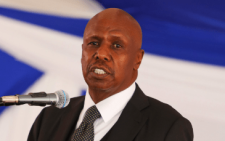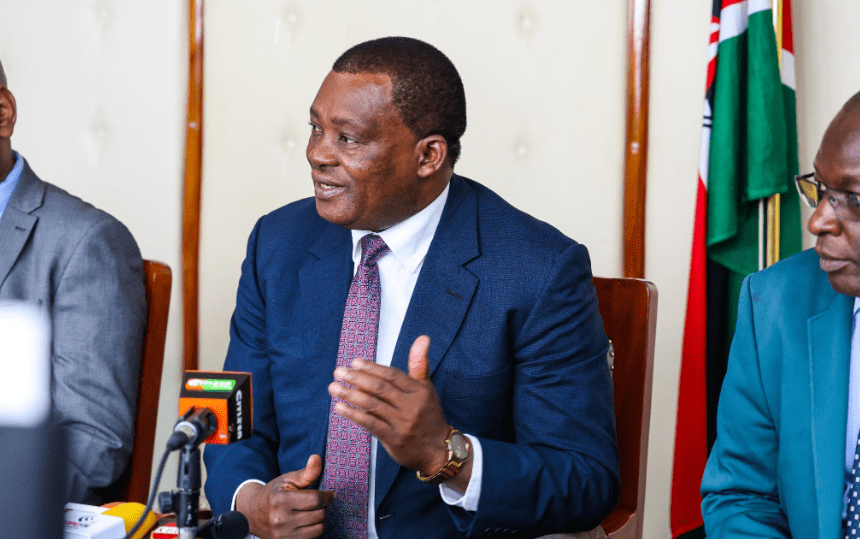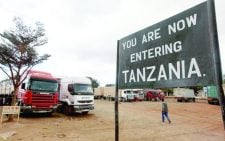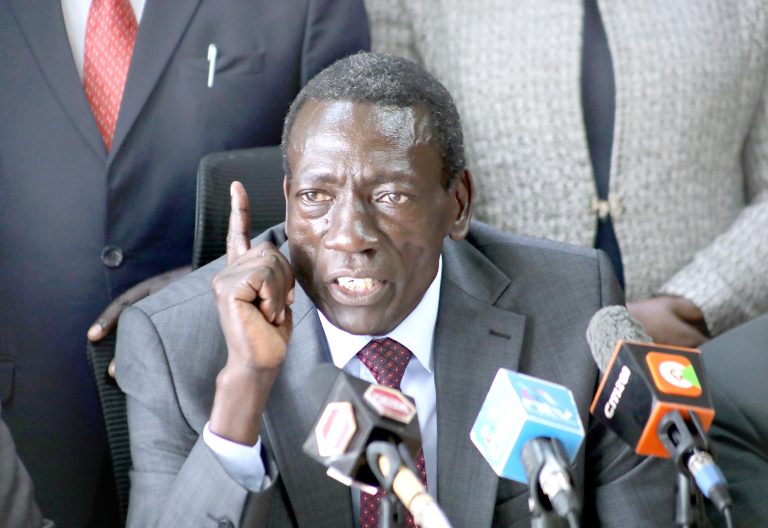Electoral justice, democracy a major issue in Africa
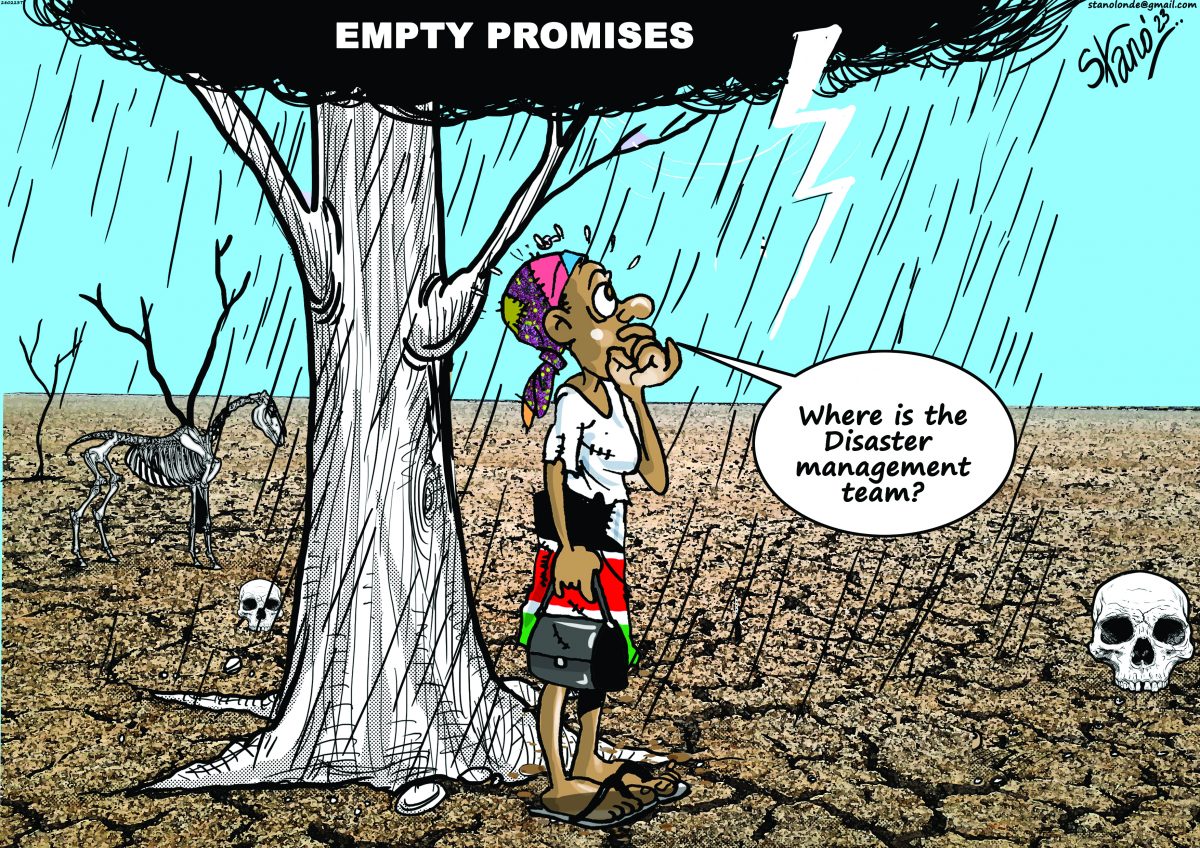
Nigeria, Africa’s largest democracy held the country’s tightest election last Saturday and by the time of going to press, final results were yet to be announced.
More than 87 million voters were registered in the largest democratic exercise in the continent that saw an unprecedented challenge to the two-party system that has dominated Nigeria for 24 years.
Kenyans and the international community are keenly watching the electoral developments in Nigeria as a critical test on the growth of democracy and constitutionalism in Africa.
By extension it is also a reflection on how deep electoral justice has taken root in a continent beset inadequacies in election systems that have contributed to voter disaffection, disputes and apathy.
Kenya (which held elections last August) and Nigeria despite the huge gap in their voting populations, share uncanny similarities in the conduct of elections, particularly when it comes to the announcement of results.
By yesterday afternoon, only partial results of the 36 states had been declared, leading to growing frustrations and mistrust, a situation akin to what Kenyans went through last year.
Nigeria’s Independent National Election Commission (INEC) the equivalent of Kenya’s Independent Electoral and Boundaries Commission (IEBC), said the use of new technology would ensure the ballot was secure and not marred by fraud or rigging.
INEC has apologised for the unresponsiveness of the results viewing page on its website, saying a surge in use caused technical hitches. The earliest a winner has been announced is on the third day after voting in Nigeria’s two previous elections.
The result of Kenya’s tightly contested presidential election was controversially announced by retired IEBC chairman Wafula Chebukati almost a week after voting.
An announcement that led to the raging dispute that continues to date between the declared winner President William Ruto and his closest challenger Raila Odinga whose petition was dismissed by the Supreme Court.
Raila maintains that he won the election and that the results were tampered with at the transmission and tallying of the ballots through manipulation of the technology used in the electoral system, a stunning claim that Ruto vehemently refutes.
This contention is at the centre of the current showdown between the two titans that is unfolding into a major political storm on why the Executive should be so closely involved in independent electoral commissions.
In the Nigerian election, 18 candidates were in the presidential race but only three are considered likely winners: Bola Tinubu, the ruling party’s candidate and two-time governor of Lagos state, Atiku Abubakar of the main opposition PDP and Peter Obi of the Labour Party, the frugal Lagos businessman who has captured the heart of young Nigerians calling themselves “OBIdients”.
Latest results showed Obi had caused a major upset by winning Nigeria’s biggest city, Lagos, defeating Tinubu in his heartland for the first time since 1999. Atiku won in Osun state and in Katsina, the home state of outgoing President Muhammadu Buhari.
What the Nigerian and Kenya’s tightly contested elections reveal is that our electoral systems have not yet reached the level of efficiency seen in Western democracies and others such as the recent one in Brazil, whose results are announced within 48 hours.
Absolute transparency within the technology used in printing of ballots, transmission and tallying of results from polling stations and accuracy and expediency in announcements are paramount in restoring voters’ confidence in electoral justice, constitutionalism and democracy.
— The writer comments on political and constitutional affairs
– albertoleny@gmail.com
